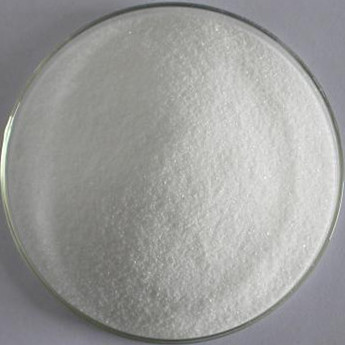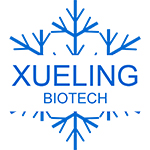
Vitamin C
Vitamin C, also known as L-ascorbic acid, is a water-soluble vitamin and an essential nutrient for higher primates and a few other organisms. Ascorbic acid is metabolically produced in most organisms, but humans are the most notable exception. The most well-known is that a lack of vitamin C can cause scurvy. Vitamin C participates in the body’s complex metabolic processes and can promote growth and enhance resistance to disease. It can be used as a nutritional supplement, antioxidant, and wheat flour improver. However, excessive supplementation of vitamin C is not beneficial to health, but harmful, so it needs to be used rationally. Vitamin C is used as an analytical reagent in the laboratory, such as reducing agent, masking agent, etc.
Application
1. Food industry
Fruit and vegetable preservation: avoid rapid aging of fruits after picking
Anti-Browning: Prevents discoloration of fruits and vegetables caused by damage during transportation, packaging or processing
Improve protein properties: its reactive carbonyl groups cross-link with amino acid residues, or enhance protein-protein interactions through the formation of intermolecular disulfide bonds
Inhibit fat oxidation: remove oxygen from food and protect fat from oxidation.
Reduce nitrite content: Under acidic conditions, nitrite can be reduced to NO, consuming NO2-, thereby reducing nitrite concentration.
As SO2 supplement: SO2 is usually added to wine as a protective agent. It is not only a fungicide that can effectively kill bacteria in grapes, but also an antioxidant. While protecting the natural fruit characteristics of the wine, Prevent wine from aging. In wine, there are strict limits on the residual amount of SO2. Vitamin C is an ideal supplement for SO2.
Protect the stability of tea polyphenols and improve the quality of black tea: Vitamin C is beneficial to increasing the content of theaflavins and thearubigins and reducing the occurrence of polymerization reactions. The content of theaflavins and thearubigins is directly related to the quality of black tea, and the polymerization products have a negative impact on the quality of black tea.
2. Analytical Chemistry
Vitamin C can be used as a reagent for the determination of arsenic, iron, iodine, bismuth, calcium, magnesium, titanium, tungsten, antimony, and phosphorus, and can also be used as a reference material for the determination of acid anhydrides. It can also be used as reducing agent, masking agent and chromatographic analysis reagent.
3. Agriculture, forestry and animal husbandry
Chicken breeding: Appropriate use of vitamin C can promote the survival of chicks, promote the growth of broiler chicks, increase the egg production rate of laying hens, improve the quality of egg shells, enhance the immunity of chickens, and improve the resistance of chickens to stress. ability. [twenty four]
Aquaculture: Improve the immunity of aquatic animals and increase their survival rate. Vitamin C can reduce the secretion of glucocorticoids, avoid the immunosuppressive effect caused, and thereby improve the anti-stress ability of aquatic animals.
